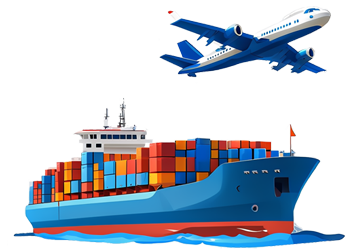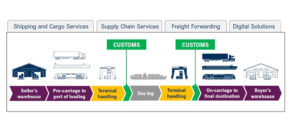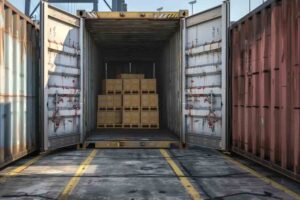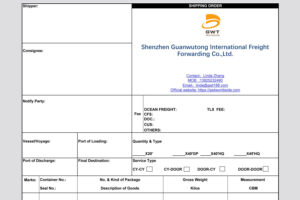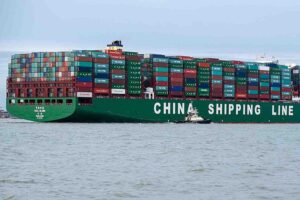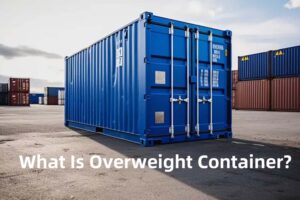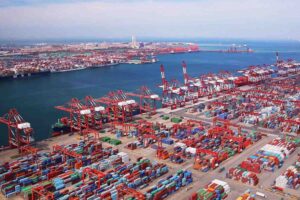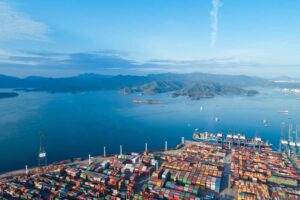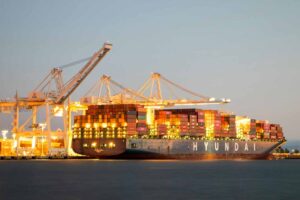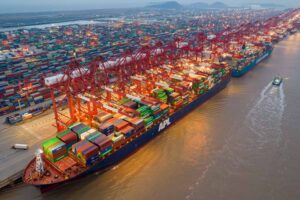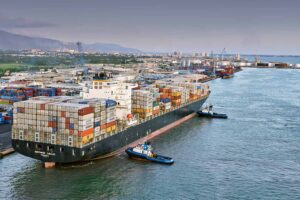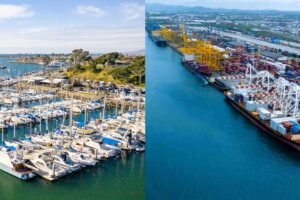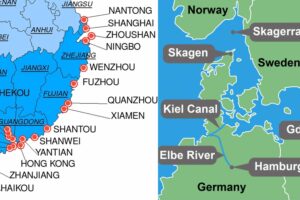Shenzhen: The Silicon Valley of the East
A Brief Overview of Shenzhen’s Economic Development
Shenzhen, once a small fishing village, has transformed into a global innovation hub within a few decades. This city, nestled in the southern part of Guangdong Province, neighboring Hong Kong, has become the epitome of China’s rapid economic development. Now, it’s home to some of the world’s biggest tech companies, including Huawei, Tencent, and DJI.
The city’s GDP reached an impressive 2.92 trillion yuan (about $450 billion) in 2020, marking a 3.1% increase despite the global economic slowdown due to the pandemic. This growth was fueled by the high-tech industry, which contributed to over 40% of Shenzhen’s GDP.
The Rise of Shenzhen’s Innovation Ecosystem
Shenzhen’s success can be attributed to its robust innovation ecosystem. The city has been encouraging innovation and entrepreneurship through favorable policies, access to capital, and a vibrant entrepreneurial culture.
Shenzhen spends over 4% of its GDP on research and development (R&D), higher than the average 2.4% spent by countries in the Organization for Economic Cooperation and Development (OECD). This has resulted in a surge of patents, with Shenzhen accounting for nearly half of China’s international patents in 2020.
Shifting Gears: Shenzhen’s Transition to High-Tech Industries
Shenzhen’s Industry Structure Adjustment
Shenzhen has been proactive in adjusting its industry structure to cope with global competition. The city has been transitioning from traditional industries to high-tech, innovative sectors.
In 2019, the added value of Shenzhen’s high-tech industry reached 1.18 trillion yuan, accounting for over 50% of the city’s total industrial output. Key sectors include telecommunications, biotechnology, new energy, and advanced manufacturing.
Impact of Shenzhen’s High-Tech Boom on Global Trade and Logistics
The shift towards high-tech industries has profound implications for global trade and logistics. High-tech products often require complex supply chains, precise handling, and timely delivery. This puts a premium on reliable and efficient freight forwarding services.
Shenzhen’s high-tech boom has led to an increase in the volume of high-value, time-sensitive goods being exported. In 2020, the total value of Shenzhen’s high-tech product exports reached $225.6 billion, a 3.6% increase from the previous year. This has created new opportunities for freight forwarding companies that can meet the specific needs of these industries.
Shenzhen’s Future: A Global Innovation Hub and Logistics Powerhouse
Shenzhen’s Future Economic Trends
Shenzhen is poised to continue its upward trajectory as a global innovation hub. The city’s “New Infrastructure Plan” aims to invest 200 billion yuan in the next five years in areas like 5G, artificial intelligence, and data centers. This will likely fuel further growth in the high-tech sector and increase the demand for specialized logistics services.
Implications for Global Logistics and Freight Forwarding
As Shenzhen’s high-tech industries continue to flourish, the need for advanced logistics solutions will grow. High-tech products often require specialized handling, such as temperature-controlled transportation for biotech products or secure transportation for high-value goods.
Freight forwarding companies that can offer these specialized services will be in high demand. Moreover, as Shenzhen’s high-tech companies expand globally, they will need logistics partners that can manage complex international supply chains.
Data-Driven Logistics: The Future of Freight Forwarding
The rise of Shenzhen’s high-tech industries also presents opportunities for innovation within the logistics sector. Data-driven logistics, which leverages technologies like big data and AI to optimize supply chain operations, will be key to meeting the demands of Shenzhen’s high-tech industries.
In conclusion, Shenzhen’s thriving innovation ecosystem and transition to high-tech industries have significant implications for global logistics and freight forwarding. As the city continues to grow as a global innovation hub, the demand for advanced, data-driven logistics solutions will increase. Freight forwarding companies that can adapt to these changes and meet the unique needs of high-tech industries will be well-positioned to capitalize on Shenzhen’s economic development.

